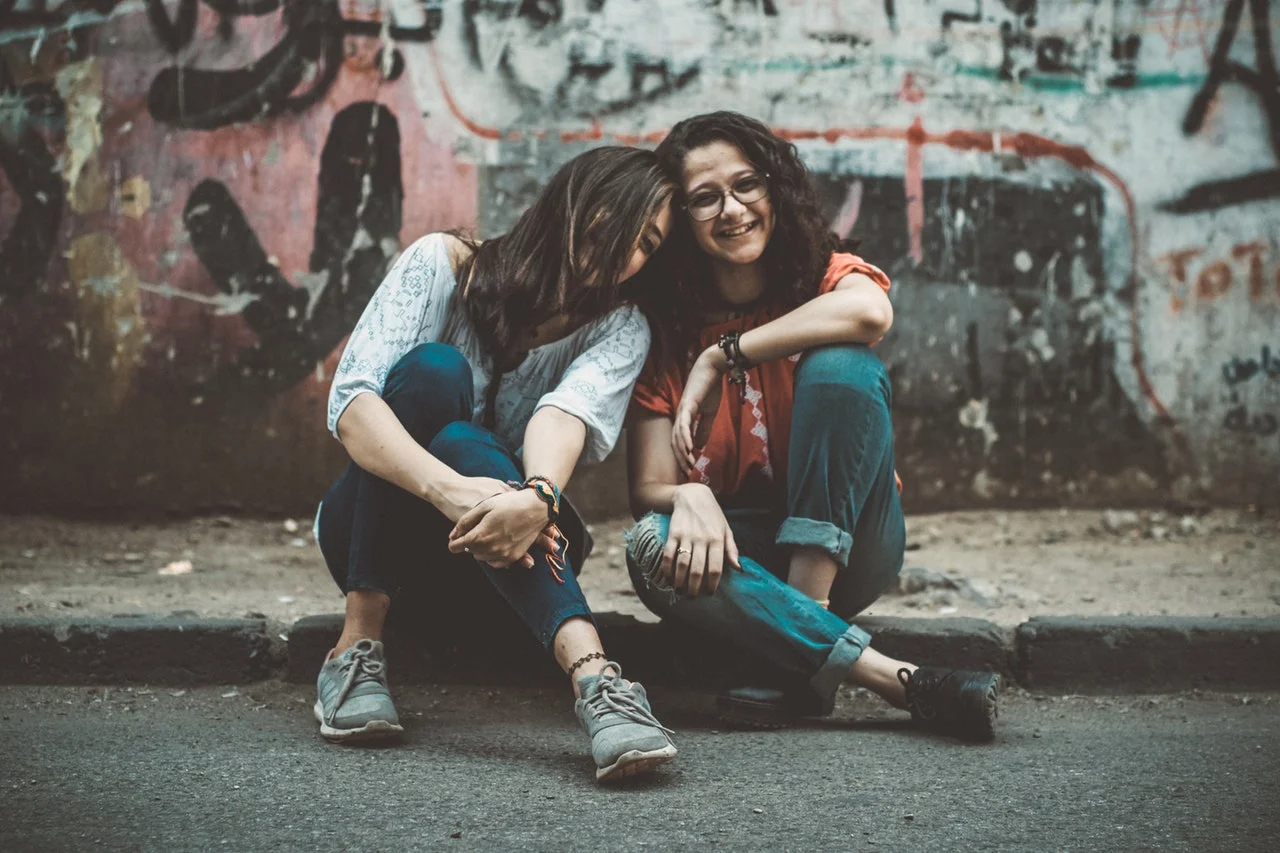How do you make space for intimacy?
/This morning I run into a friend at the market doing the weekly shop. Unsurprisingly after the niceties associated with greetings, the conversation quickly moves to the question of "how are you?". I stop for a moment and check in with myself before I respond, … "life is full", I say and after a little further elaboration, I go on to ask “and how about you?”.
After my friend departs, I go back to the shopping at hand and then begin to wonder about the truth of what I just shared. Yes my life is full, but my response did not really offer an accurate depiction of how I am within myself. I could have said something around some days life feels so exciting as I watch the kids, my partner and myself grow, but there are certainly many other days when I feel the existential fear of existence.
What am I hiding?
I inquire within myself why I don’t share this truth with her? Is it societal mores not to burden another with our own struggle or is it that I don’t want to admit to another that I am as human as she is, trying just as hard to live life in a full and meaningful way?
Failing to 'show up' in relationship
Perhaps it is a combination of both, but regardless at this moment I am more interested in the impact of this choice of interaction. An interaction, where I fail to really 'show up' in relationship, where I fail to really share myself.
Quoting Carl Rogers, the founder of the humanistic psychology movement, “it is the relationship that heals”. As human beings, not only do we heal, but we need relationships to thrive and ultimately survive.
The impact
A recent article in The Guardian reported, in the town of Fromme, over a 3 year period, a 17% drop in hospital admissions was recorded, where isolated people with compromised health, were supported by community groups and volunteers. This is consistent with the PLOS Medicine 2010 paper reviewing 148 studies, that reported a 50% lower chance of death for those with strong social connections. Or the 1945 study on the genesis of childhood psychiatric conditions and the link to a lack of human touch and connection.
Our being needs to feel intimacy to repair and grow. Derived from the Latin intimare ‘impress, make familiar’, from intimus ‘inmost’, intimacy implies a place where we are truly prepared to be with and make known our innermost experiences. As we find capacity to be with our own internal world we grow in our ability to be truly in relationship with others.
The power of relationship to heal
As I reflect on the research findings, my wonderings about intimacy and my interactions this morning at the market, I marvel at the power of our innate desire for homeostasis. The more I slow down and let my body guide me, the more my body knows how to heal. I didn’t know what I was going to write about this afternoon, but I knew I needed to write. It is in the struggle to find the words; I find space for relationship with self. It is from this place I then find more space to be with other.
In acknolwedgement of my earlier failure to properly show up in relationship, I call my friend, apologise and share where I am really at in life. Safely we hold each other in the truth of experience and in this connection we both remember who we are and feel stronger for it.
Amongst many other tools, I find journalling a powerful gateway to intimacy with self, which then further impacts my broader experience of relationship with others ... How do you make space for intimacy in your relationships?
A sense of isolation is a common experience associated with anxiety and depression. If you are struggling, perhaps consider talking to someone.
For anxiety counselling please contact us at 03-9532-4567 / info@thegrovecounselling.com
or
For FREE 20 min conversation with a therapist BOOK ONLINE
(Trained as a relational whole-body focussing oriented therapist, Sarah Sacks is an experienced relationship counsellor, who specialises in working in supporting people through periods of transition.)


